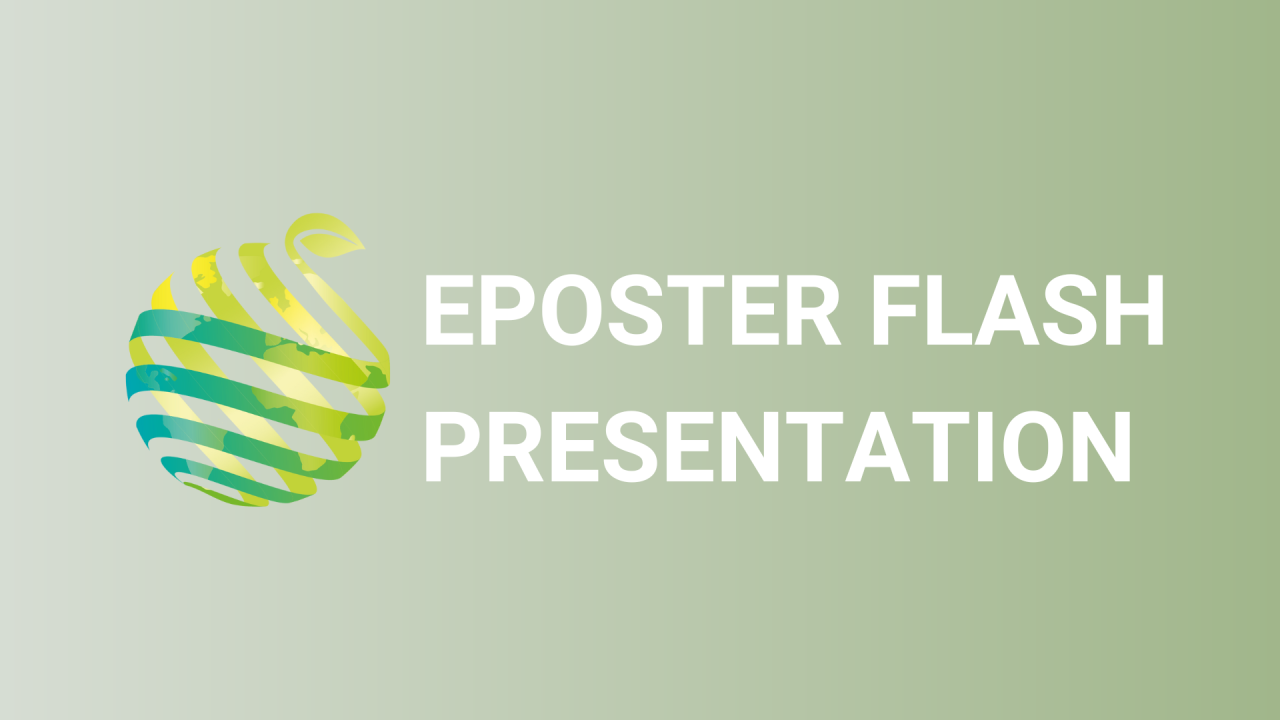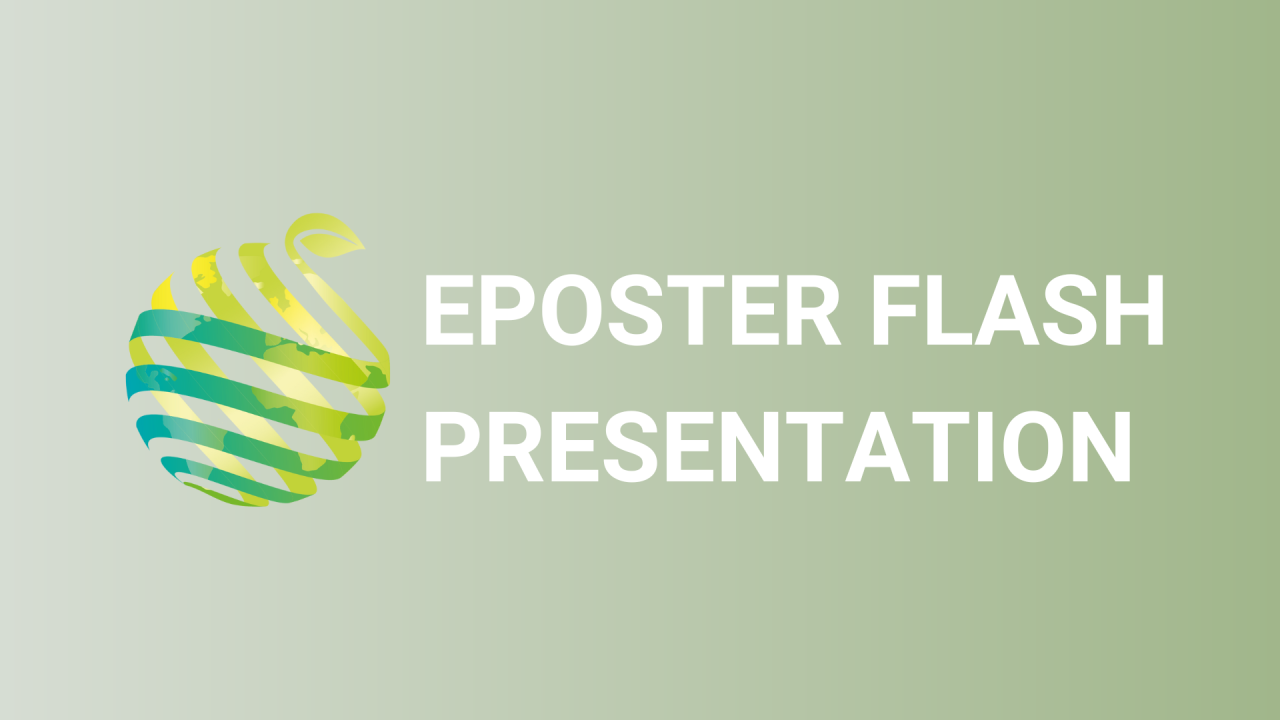

S01 - Session P1 - Production of high Brix tomato by genome editing of the invertase inhibitor gene
Information
Authors: Kohei Kawaguchi, Rie Takei-Hoshi, Ikue Yoshikawa, Keiji Nishida, Makoto Kobayash, Miyako Kusano, Lu Yu , Tohru Ariizumi, Hiroshi Ezura, Shungo Otagaki, Shogo Matsumoto, Katsuhiro Shiratake *
Cell wall invertase is the key enzyme for promotion of sucrose unloading in tomato fruits by maintaining a gradient of sucrose concentration between source leaves and fruits. Invertase inhibitor (INVINH) regulates this process by inhibiting invertase activity. We attempted to promote sucrose unloading in tomato fruits by functional disruption of INVINH by genome editing technology. We used two genome editing technologies: CRISPR/Cas9 and Target-AID. Target-AID is a modified technology of CRISPR/Cas9, which cuts single strand DNA and substitutes nucleotides instead of cutting double-strand DNA. In the most genome-edited lines, the Brix of mature fruits was higher than that of the original cultivar 'Suzukoma'. Three promising lines, 193-3, 199-2 and 247-2, were chosen, null-segregants of their offspring were selected, and then analyzed in a further study. Plant growth of the three lines was normal and fruit size of the three lines was comparable to that of the original cultivar. On the other hand, the fructose and glucose contents in the mature fruits of the two lines were significantly higher than those of the original cultivar. Mature fruits from 193-3 showed the highest sugar content, and the fructose and glucose contents were 29% and 36% higher than those of the original cultivar, respectively. Whole genome sequencing showed no off-target mutation and no transgene in the genome-edited lines. Non-target metabolome analysis of fruit revealed no unexpected metabolite production in the genome-edited line. This study showed that genome editing of INVINH is a useful approach to producing high Brix tomato cultivars without a reduction in plant growth, fruit size or yield.